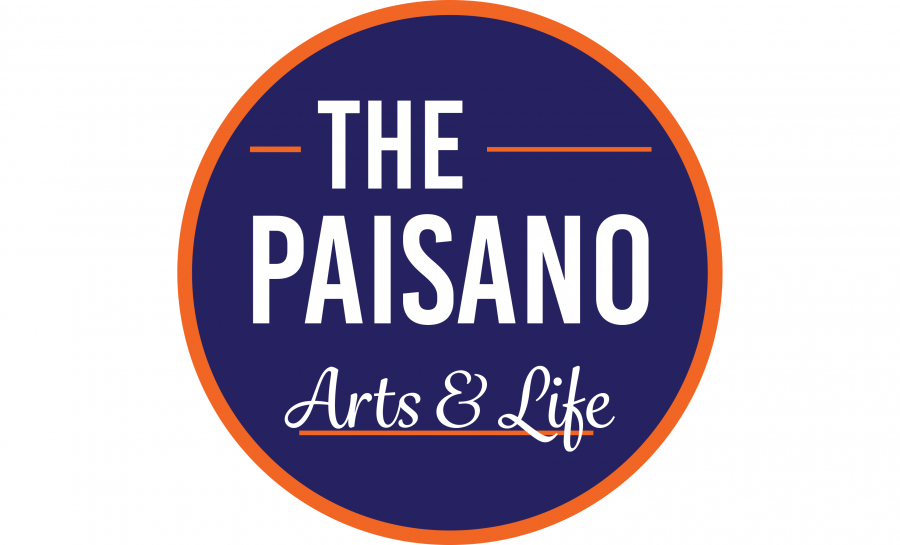

Photo Courtesy of Rida Malik
UTSA’s Muslim Student Association hosted a panel featuring Sana Saeed, a nonfiction writer and humorist for Al-Jazeera Plus, a news network that reports on humanitarian and political issues around the world. For Friday’s panel, however, she came representing herself. Saeed discussed how media has depicted Muslims in recent years and what they have been doing in response to these characterizations.
One topic Saeed discussed was the idea that certain “cartoonish” characterizations of Muslims, depicting them as backward and oppressive to women, have existed for centuries, but these characterizations persist due to sensationalist stories from media corporations.
The media, according to Saeed, is “not an innocent bystander.” It actively cultivates vitriol against Muslims within the American psyche. By preying on extant visions of Muslims in people’s minds through sensationalism and fearmongering, media corporations boost their own profits, causing the Muslim community to suffer as a result.
Saeed discussed three examples of sensationalized stories that have had detrimental effects on the Muslim community, despite being pure fiction. One of them, which Saeed dubbed “the epitome of collective media stupidity,” involved a group of teenage Tunisian girls willingly traveling to Syria as sex slaves for ISIS and returning home pregnant and HIV-positive. This story, originally found on an extremist right-wing blog, was completely false but was portrayed as true in both Middle-Eastern and Western news media.
Stories such as these, through both mainstream media and social media platforms, create “systemic institutional racism” against Muslims, leading to an “extremely marginalizing atmosphere” where Muslims become afraid to speak out.
Additionally, these stories and their generalizations about Muslims can have negative effects on the Muslim community; from armed protests in front of mosques to the recent anti-sharia bills passed in several states. Muslims all over the United States are being actively persecuted simply for being Muslim.
However, one way some Muslims have included themselves into narratives is through humor—specifically through memes. This last Ramadan featured an assortment of memes explaining what the Islamic holy month is and isn’t in a humorous format. These forms of humor and other narratives have sparked discussion about Islam within the Muslim community, which Saeed believes is ultimately beneficial.
In the Q&A afterward, when asked if there are other ways Muslims could counter these images of themselves on social media, Saeed explained that the best thing to do is not to waste time responding to every criticism, saying that “reactionary politics will eat you alive.” Furthermore, when asked how Muslims could get politically engaged without playing into stereotypes, she suggested that Muslims engage openly with candidates by listing the concerns of the Muslim community, and by becoming politically involved through protest, if necessary.






